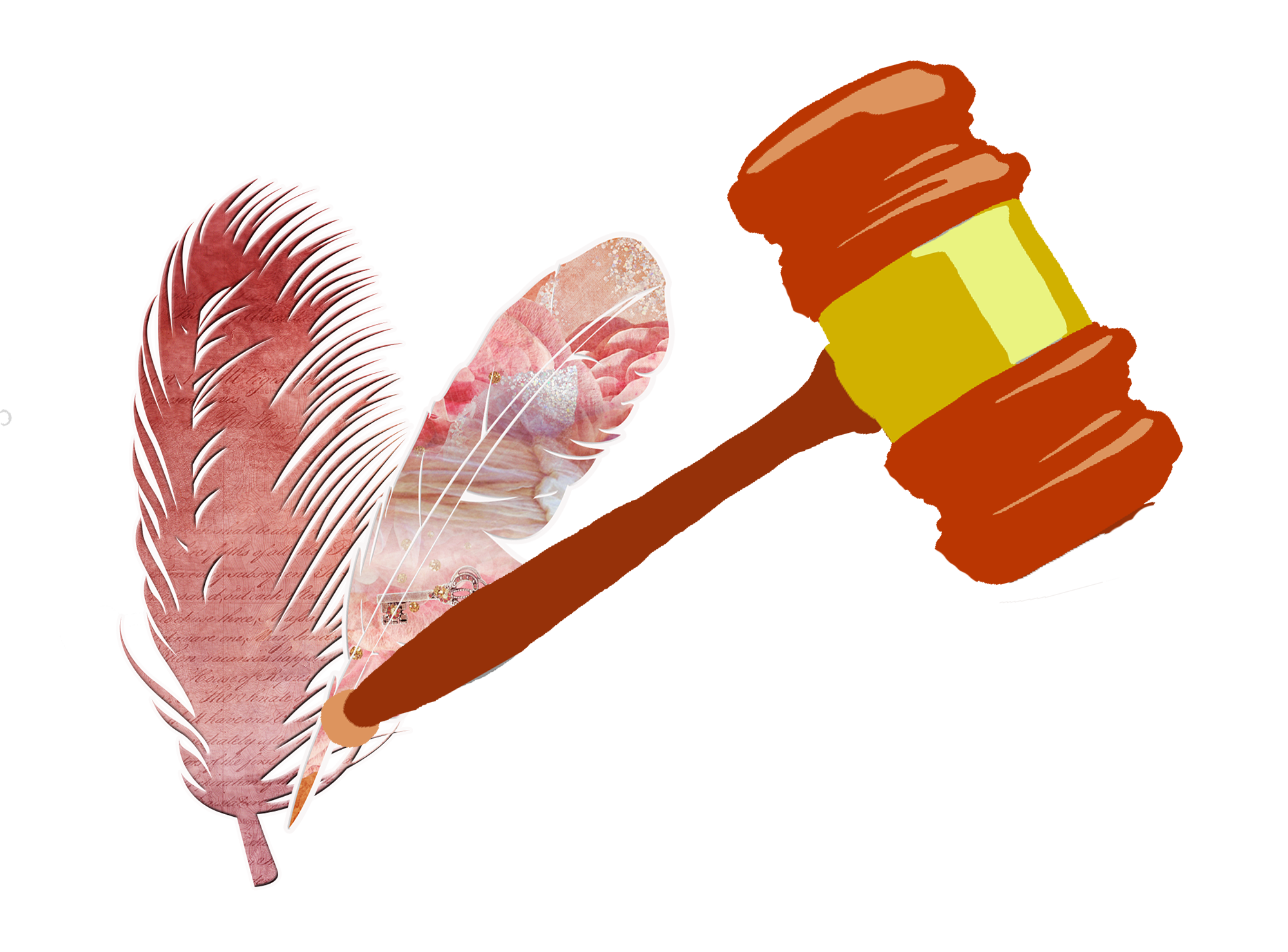Deborah McGregor’s keynote address was part of Concordia’s annual First Voices Week
Concordia University’s First Voices Week wrapped up with a keynote address from Osgoode Hall Law School’s Deborah McGregor, who discussed sustainability, environmental justice and indigenous law.
McGregor, a First Nation educator who focuses on the application of indigenous knowledge systems to legal and policy contexts, was introduced by Shiann Wahéhshon Whitebean, the leader of Concordia’s First Voices, the group that organizes the annual First Voices Week.
McGregor’s keynote address, “Indigenous Environmental Justice, Knowledge and Law,” was open to staff, students and the general public in the Hall building on Concordia’s downtown campus. McGregor’s address focused on legal and environmental issues affecting Indigenous communities in Canada and abroad.
McGregor began her speech by acknowledging that Concordia University stands on unceded Mohawk territory. Unceded territory is land that belonged to First Nation peoples that has not been officially and legally surrendered. Land acknowledgements have become popular gestures on university campuses, but McGregor emphasized that an acknowledgement is something more complex and significant than a mere act of political correctness.
“I take land acknowledgements very seriously, not just as a token gesture,” McGregor said. “It’s not just something to say. It means something. It’s based on thousands of years of knowledge and caretaking.”
McGregor went on to discuss the definition of knowledge through an indigenous lens, and explored a number of environmental issues affecting First Nation communities. McGregor explained how, in many First Nation communities, all knowledge is considered to be both a noun and a verb, and that gaining knowledge from elders, communities and the physical environment is just as important as knowledge itself. McGregor believes this perspective shifts the idea of knowledge from something personal to something community-based.
McGregor’s talk also touched on the issue of natural resources and overconsumption in modern society. McGregor believes that the environmental issues affecting indigenous communities, such as the well-publicized North Dakota Access Pipeline, begin when people value profit and consumption more than the safety of other people and the environment. This ideology is in stark contrast with the beliefs of many First Nation communities, who are often victims and vocal opponents of such projects.
McGregor recalled that, during her upbringing in McGregor Bay in Northern Ontario, her community would focus not only on what they could gain from their natural resources, but also on what “gift” they could give back to their environment and community. She used her family’s sugar bush as an example. She claims that, rather than profiting off the maple syrup they produced, her family used it to provide for her community while protecting the farm from overuse.
“You can’t live a good life unless you’re considering all the other beings as well,” said McGregor.
She also noted that, while the issues of indigenous sovereignty and environmentalism are complex, and solutions to these issues are not easy or straightforward, everyone is capable of showing gratitude to the environment. We are all capable of making choices to either help or harm the resources available to us, she said.
“Some of us are the heroes, some of us are the villains… but we are all in this story,” McGregor said.
Graphic by Florence Yee




